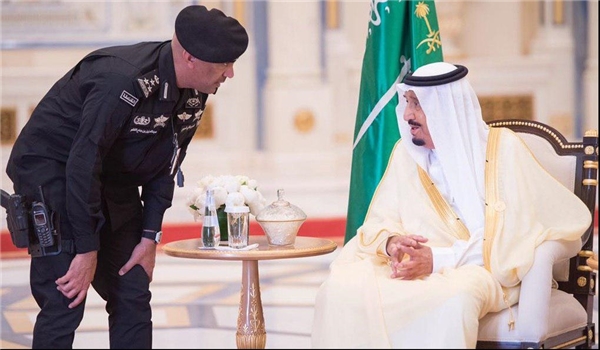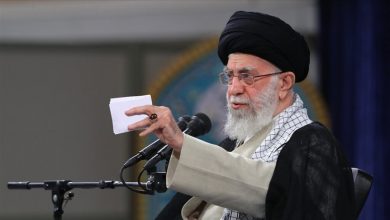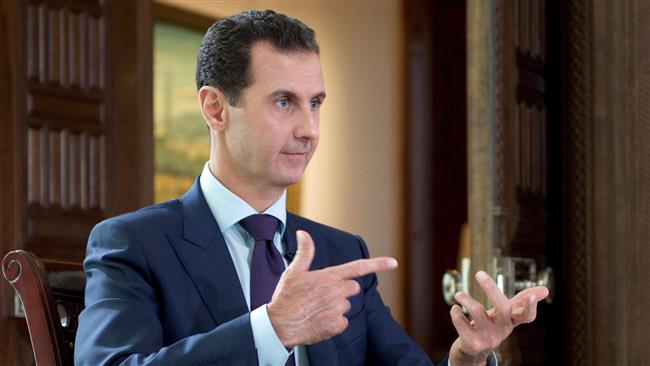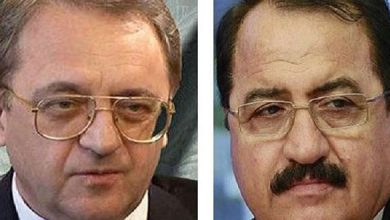Europe Paying Price for US Policies: Iran’s FM
Stressing the need to identify the root causes of crisis in Ukraine and avoid irresponsible behaviors that fan the flames of war or provoke one warring side, Iranian Foreign Minister Hossein Amirabdollahian said Europe is paying the price for the US’ policies in this regard.
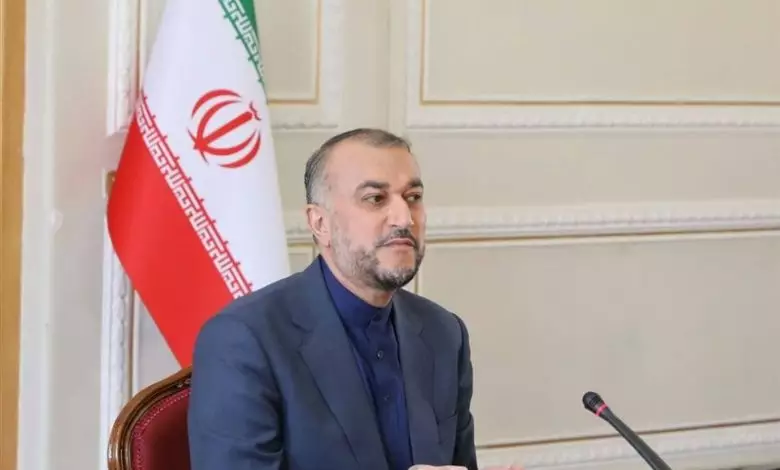
He made the remark in the third Tehran Dialogue Forum (TCF), which kicked off in Tehran on Monday with officials and representatives from different countries taking part.
This year’s initiative is focused on the policy of the Islamic Republic toward its neighbors and its approach to friendship and trust-building. The forum is attended by nearly 70 officials and representatives of think tanks and research centers from 36 countries.
The opening keynote speakers included Amirabdollahian, former Iraqi prime minister Adel Abdul Mahdi, Nicaragua’s Foreign Minister Denis Moncada, and the head of the Strategic Council of Foreign Relations Kamal Kharrazi.
Heads of domestic think tanks, ambassadors and heads of foreign agencies residing in Tehran are among the other participants in this meeting, Press TV reported.
In the four meetings of this forum that followed the opening speeches, the attendees discussed the latest developments in West Asia and security in the Persian Gulf, regional connections and energy security, the Ukraine crisis and its regional and global consequences, and the prospect of peace and a comprehensive government in Afghanistan.
In his address to the forum, Amirabdollahian reiterated Iran’s call for the political settlement of the crisis in Ukraine.
Highlighting Iran’s neutrality in the Ukraine conflict, he emphasized that the legitimate security concerns of the warring sides must be resolved through dialogue.
Iran believes that a one-sided view of the crisis would get nowhere, while the root causes of the crisis should be identified and the irresponsible behavior of certain actors who have caused and aggravated the crisis and have provoked one part of the conflict should be identified, he stated, adding, “Today, Europe is paying the price for the US’ policies.”
In separate remarks, Kharrazi said that development in the region requires cooperation, and that it is acceptable for the countries of the region to get help from developed countries for technology transfer and investment in order to develop, however, it is not okay for such cooperation to be accompanied by foreign political and military interference.
On cooperation between countries in West Asia, Kharrazi noted that Iran has always welcomed and called for dialogue, adding “the countries of the region should resolve their issues and problems through dialogue.”
Moreover, Kharrazi welcomed the latest visit of the Chinese president to the region, noting that “in order to plan the belt and road initiative, more investments will be made in these countries and our region will develop further.”
Referring to the halted talks to revive the 2015 Iran nuclear deal, or the JCPOA, he said Iran gained full access to peaceful nuclear technology through the efforts of our scientists.
“The JCPOA was negotiated and signed, and again the Westerners failed to fulfill their commitments, which led to the withdrawal of the United States from the JCPOA,” he said, adding that Iran does not intend to produce nuclear bombs which it has forbidden due to ethical, religious principles.
Elsewhere, Kharrazi commented on the Ukraine war, saying Iran was against the emergence of the war from the beginning. He said, however, NATO’s action towards Russia’s borders was provocative and the US and the West were keen on forcing Russia to fight such a war.
“War is not desirable and even today we believe that the war in Ukraine should end through dialogue. Iran is ready to provide the means for such a dialogue,” he added.
Kharrazi also offered his take on Iraq’s developments, saying that Iran would be happy to see an Iraqi government reaching stability after witnessing consecutive calamities during the past two years.
He hoped that Iraq would be able to prevent the spread of terrorism and preserve the territorial integrity of Iraq, adding that Iran will offer any help the Iraqi government needs to resolve its issues.
Meanwhile, on neighboring Afghanistan, he advised the Taliban that they should not allow terrorism to develop in the country, and prevent any entry of foreign forces.
“They should not allow America to enter the territory of Afghanistan under various pretexts, and they should form a government that is inclusive and all Afghan tribes and religions participate in it.”
